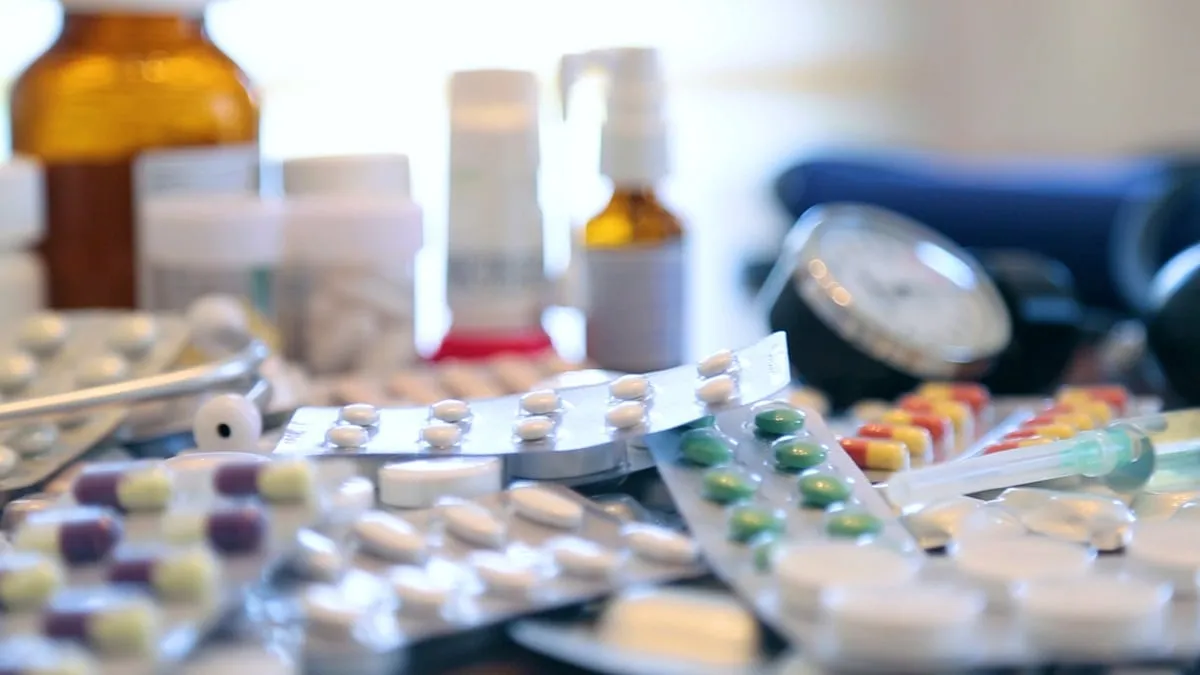
Today, the World Health Organization (WHO) unveiled the latest editions of its Model Lists of Essential Medicines (EML) and the Essential Medicines for Children (EMLc). These updates introduce new treatments for a variety of critical health issues, including different types of cancer and diabetes, particularly for patients facing additional complications like obesity. The revisions also encompass medicines for cystic fibrosis, psoriasis, haemophilia, and various blood-related disorders, significantly expanding the range of available treatments.
The WHO EML and EMLc are vital resources that include medicines targeting the most pressing health needs of populations worldwide. These lists have been adopted in over 150 countries and serve as foundational tools for public sector procurement, the supply of medicines, and health insurance reimbursement schemes. This latest update marks the 24th edition of the WHO EML and the 10th edition of the EMLc.
Dr. Yukiko Nakatani, Assistant Director-General for Health Systems, Access, and Data, emphasized the significance of these updated lists, stating, “The new editions of essential medicines lists mark a significant step toward expanding access to new medicines with proven clinical benefits and with high potential for global public health impact.”
Since its launch in 1977, the WHO Model Lists have aimed to enhance access to medicines in developing countries, evolving into a reliable global policy tool for decisions regarding the selection and universal coverage of medicines across all health systems. Recently, the WHO Expert Committee on the Selection and Use of Essential Medicines reviewed 59 applications, leading to the addition of 20 new medicines to the EML and 15 to the EMLc, as well as new indications for seven already-listed products. The updated lists now feature a total of 523 essential medicines for adults and 374 for children, addressing the most urgent public health needs.
Cancer remains the second leading cause of death worldwide, claiming nearly 10 million lives annually and accounting for about one-third of premature deaths from noncommunicable diseases. The WHO EML has focused on cancer treatments for the past decade, with cancer medicines representing approximately half of all new drug approvals by regulatory agencies. The Expert Committee has adopted stringent criteria to recommend therapies that provide substantial clinical benefits. Consequently, only those cancer medicines that have demonstrated the ability to extend life by at least 4-6 months are included.
In this latest update, the Committee evaluated seven applications for 25 cancer medicines. To combat inequities in cancer care, it recommended enhancing access to PD-1/PD-L1 immune checkpoint inhibitors, a class of immunotherapy that boosts the immune system's ability to identify and destroy cancer cells. Pembrolizumab has been included in the EML as a first-line monotherapy for metastatic cervical cancer, metastatic colorectal cancer, and metastatic non-small cell lung cancer, with atezolizumab and cemiplimab serving as alternative treatments.
The Committee also reviewed expert-recommended strategies aimed at improving access to affordable cancer treatments, endorsing evidence-based clinical and health system strategies, including dose optimization approaches. These strategies are designed to deliver quicker benefits, particularly in resource-limited settings.
Diabetes and obesity have emerged as two of the most pressing global health challenges. In 2022, over 800 million people were living with diabetes, with approximately half of them untreated. Simultaneously, more than 1 billion people worldwide struggle with obesity, a trend that is accelerating in low- and middle-income countries. These conditions are closely intertwined and can lead to severe health issues, including heart disease and kidney failure.
The WHO Expert Committee reviewed substantial scientific evidence indicating that a group of medications known as glucagon-like peptide-1 (GLP-1) receptor agonists can significantly benefit individuals with type 2 diabetes, particularly those with heart or kidney disease. These medicines improve blood sugar control, lower the risk of complications, support weight loss, and may reduce early mortality rates. The EML now includes GLP-1 receptor agonists—semaglutide, dulaglutide, and liraglutide—as well as the GLP-1/glucose-dependent insulinotropic polypeptide (GIP) dual receptor agonist, tirzepatide. These treatments are particularly recommended for adults with type 2 diabetes and obesity, defined as a body mass index (BMI) of ≥ 30 kg/m².
Despite their benefits, the high prices of medications like semaglutide and tirzepatide pose a barrier to access. To expand availability and improve health outcomes, prioritizing patients who would benefit most, encouraging generic competition to drive down costs, and ensuring these treatments are accessible in primary care settings—especially in underserved areas—are essential strategies. WHO will continue to monitor developments and support equitable pricing strategies to enhance access to these transformative treatments.
“A large share of out-of-pocket spending on noncommunicable diseases goes toward medicines, including those classified as essential and that, in principle, should be financially accessible to everyone,” stated Deusdedit Mubangizi, WHO Director of Policy and Standards for Medicines and Health Products. “Achieving equitable access to essential medicines requires a coherent health system response backed by strong political will, multisectoral cooperation, and people-centered programs that leave no one behind.”
For further details on the Expert Committee’s recommendations, including additions, changes, and the rationale behind decisions regarding medicines, please refer to the Executive Summary available on the WHO website.